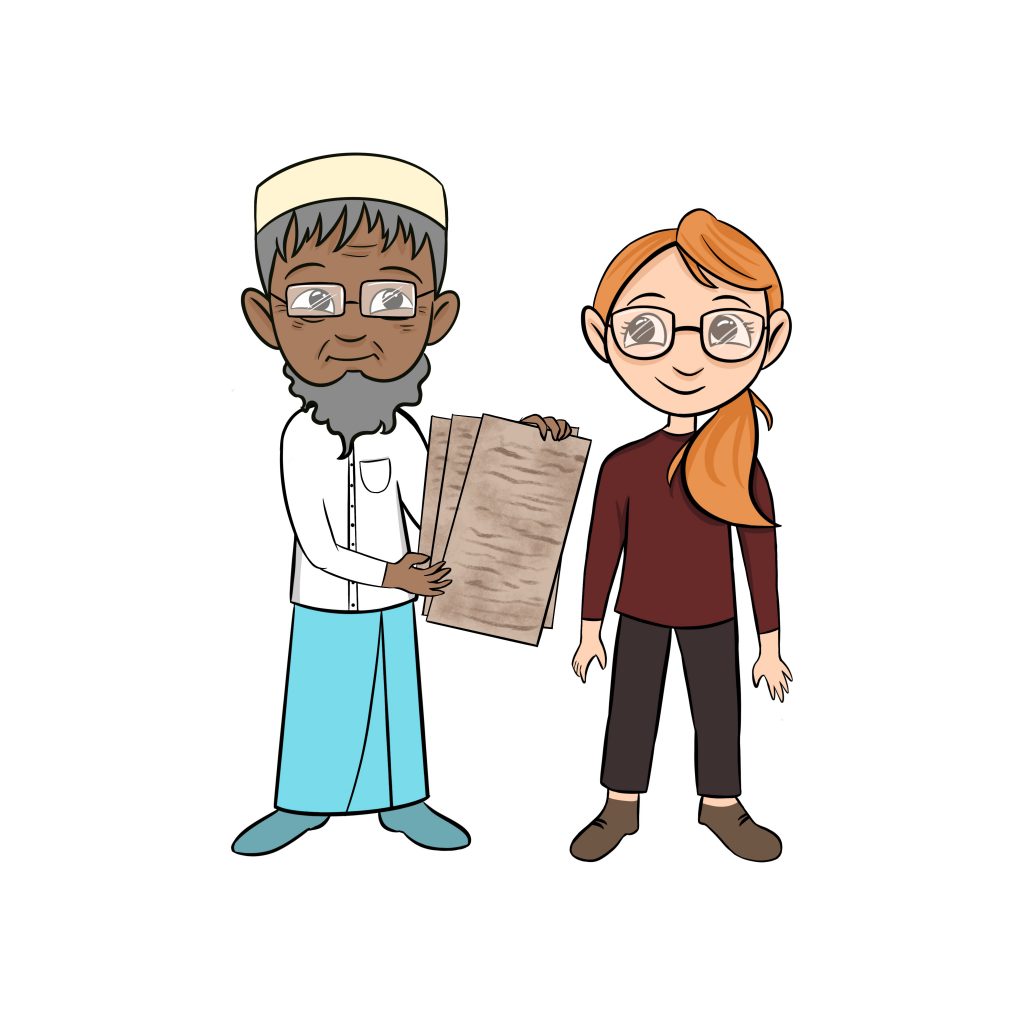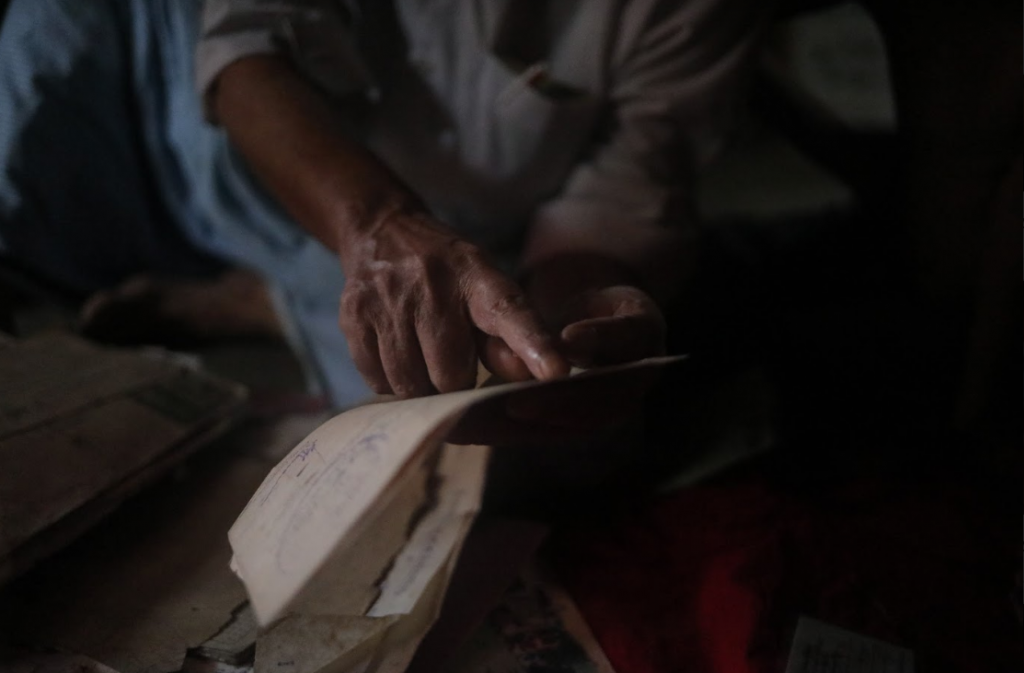A nation’s history is not full of roses and butterflies. No country has a history like that. Humanity is flawed. There is war, suffering, and pain.
But there is also strength, perseverance, and empowerment. Our history shows us how far we’ve come and how far we have yet to go. My Rohingya friends have taught me the value of history — and how important it is to share with the future generation.

Preserving History
“I want to show you something. It’s about my people.”
Roshida’s father pulls a crumbled piece of paper from his shirt pocket, delicately unfolds and lays it out in front of me. We’re sitting on the floor of his small bamboo shelter in Kutupalong — the place he sought refuge with the remainder of his family. The rest of his family is scattered across Southeast Asia, Europe, and the United States. I have been on a mission to find them all.
“Read it.”
The crumpled piece of paper was a document from the government that drove him out of his country. As I tried to read through it (the few parts that were in English), all of the theories and stories I had read about the Rohingya people came back to me. And now, written on paper, I finally saw it with my own eyes.
“I have more,” Roshida’s father says as he slams down a huge stack of old documents.
“This is the history of my people. I carried this from my village. It’s all I have left.”
Overwhelmed with these incredible historical documents, I frantically try to look through them all. He points to names and dates, “My sister…my grandfather…my great uncle…my great great grandmother.”

These historical documents are gold. The dates went back quite far. Every name, every event, every date was documented.
He turns to me and says, “These are very important to my people. It’s my history. I will share this with my grandchildren…so they will never forget what we Rohingya people have endured…and overcome.”
I work with people who have come face to face with ethnic and religious persecution. They were forced to flee their homes from violence. Horrific, unspeakable violence. Much of their history and culture have been left behind. Part of my job is to help preserve their dying culture. By working with artists, educators, and anthropologists — we learn about these dying cultures and try our very best to preserve it in some form. We’ve made culture books. We’ve made animations. We’ve found linguists who created a written form of their unwritten language.
Why do we do it? Because history and culture are an integral part of our identity. It’s important that we know about our history — the good, the bad, and the ugly.
Not everything in a nation’s history is roses and butterflies. No country has a history like that. There is war, suffering, and pain. But among this is strength, perseverance, and empowerment. Our history shows us how far we’ve come — and how there is always more we can improve.
My Rohingya friends have taught me the value of appreciating our history — these are people who have fled a genocide. Yet they don’t try to cover up and erase that part of their history. They hold onto their history as closely as they can. It is a representation of their strength and resilience — and an encouragement for their future generation that they can live a better life.
Perhaps other nations could learn a thing or two from my Rohingya friends. Instead of trying to cancel our history and start over, we should learn from our nation’s history. It’s important to recognize how far we have come…and also recognize how far we have yet to go.